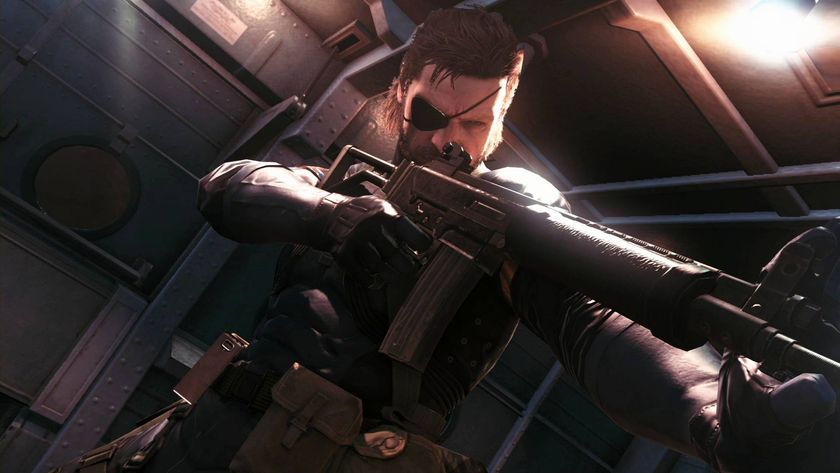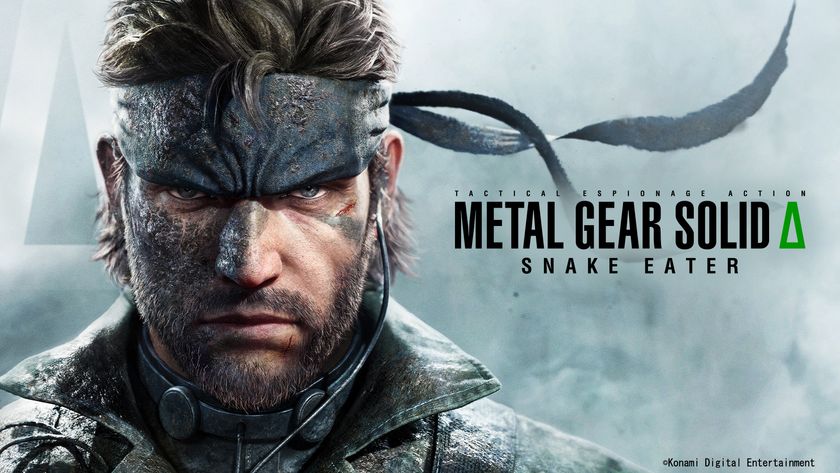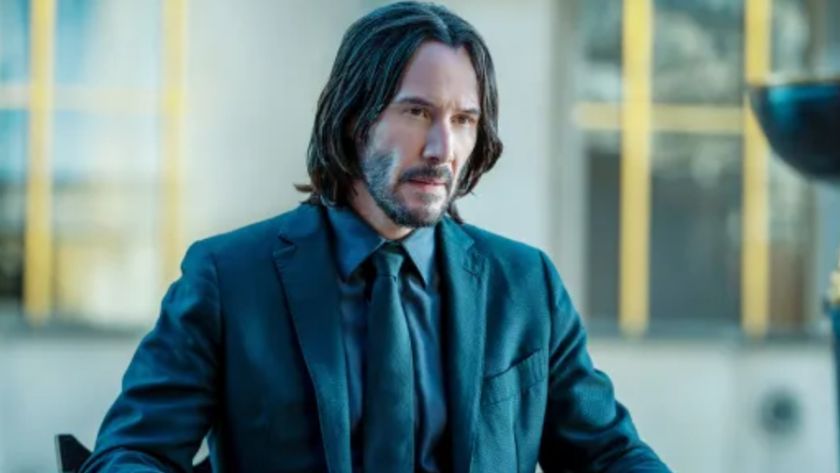Top 7... Definitive MGS moments
We recount the seminal action-stealth series
6) MGS2’s plot - Who’s the Boss?
MGS2 is renowned for evolving combat way before Halo, yet condemned for its post-modern cyberpunk digital information control storyline. Summing up the plot is like trying to calculate long division in your head; it’s frustrating and you’re better off not trying. Deviating from MGS1’s layered “Nuclear war is bad” fable, MGS2 piled on the “Huh?”
The end of the game goes a little something like this (spoiler warning): Solidus Snake - leader of terrorist group Dead Cell, former President of the US and genetic brother to both our hero Solid Snake and the deceased, evil Liquid Snake - is betrayed by MGS1’s famed torturer Revolver Ocelot, an agent for the Patriots - a super-secret organization hell-bent on manipulating digital information through the internet.
Ocelot reveals to Raiden - MGS2’s lead protagonist - that the events of MGS2 were designed as a training exercise to mirror Solid Snake’s mission from MGS1, thus proving the Patriots can successfully manipulate not only Raiden as a puppet but any information as they please. If this wasn’t painfully convoluted already, the spirit of Liquid Snake possesses Ocelot’s body (fans of the series will remember that Ocelot had his arm severed by the Ninja in MGS1, and had since replaced it with Liquid’s since his death).
We haven’t reached the part about Artificial Intelligence shouting at you for twenty minutes, but the overall point is that trusting the US government is bad… or something. If you care to wade through the perplexing story, you will find a layered and intriguing chain of events that, perhaps, was just a tad too forward thinking. In response, MGS3’s simplified prequel proved that gamers crave something easily digestible. We know MGS4 continues where MGS2 left off and will “end” the series proper - maybe, but are gamers ready to digest the continuation of confusion?
MGS2 is renowned for evolving combat way before Halo, yet condemned for its post-modern cyberpunk digital information control storyline. Summing up the plot is like trying to calculate long division in your head; it’s frustrating and you’re better off not trying. Deviating from MGS1’s layered “Nuclear war is bad” fable, MGS2 piled on the “Huh?”
The end of the game goes a little something like this (spoiler warning): Solidus Snake - leader of terrorist group Dead Cell, former President of the US and genetic brother to both our hero Solid Snake and the deceased, evil Liquid Snake - is betrayed by MGS1’s famed torturer Revolver Ocelot, an agent for the Patriots - a super-secret organization hell-bent on manipulating digital information through the internet.
Sign up to the 12DOVE Newsletter
Weekly digests, tales from the communities you love, and more
Ocelot reveals to Raiden - MGS2’s lead protagonist - that the events of MGS2 were designed as a training exercise to mirror Solid Snake’s mission from MGS1, thus proving the Patriots can successfully manipulate not only Raiden as a puppet but any information as they please. If this wasn’t painfully convoluted already, the spirit of Liquid Snake possesses Ocelot’s body (fans of the series will remember that Ocelot had his arm severed by the Ninja in MGS1, and had since replaced it with Liquid’s since his death).
We haven’t reached the part about Artificial Intelligence shouting at you for twenty minutes, but the overall point is that trusting the US government is bad… or something. If you care to wade through the perplexing story, you will find a layered and intriguing chain of events that, perhaps, was just a tad too forward thinking. In response, MGS3’s simplified prequel proved that gamers crave something easily digestible. We know MGS4 continues where MGS2 left off and will “end” the series proper - maybe, but are gamers ready to digest the continuation of confusion?













